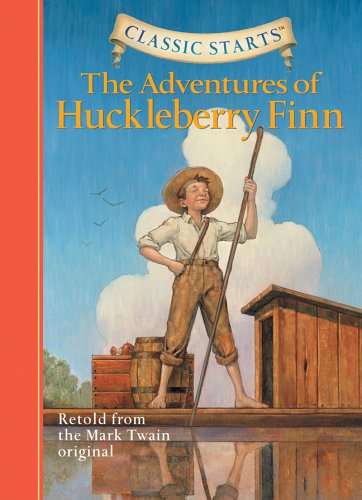Ripping, Mixing, and Burning Twain

The forthcoming n-word-free edition of Huckleberry Finn sounds a bit like a book in my old elementary-school library called The Boys' Sherlock Holmes, which on close examination turned out to be a selection of Holmes stories with the cocaine removed. I agree with my colleague Michael Moynihan that the new Huck is a really dumb idea. I can't say I'm outraged that it exists, though. Bowdlerized editions of Twain are not new—you'll search in vain for a racial slur here, for example—and as long as they aren't misrepresented as unabridged editions, I think they're an acceptable byproduct when a book enters the public domain. Alan Gribben isn't a censor so much as he's a bad remix artist. If he had fashioned a book called Huck Finn and Zombies—or maybe a Garfield Minus Garfield–style prequel called Tom Sawyer Minus Huck, in which Finn turns out to be the Tyler Durden of Hannibal, Missouri—some of us would be cheering his creativity instead of complaining.
If there's something to fear here, it isn't Gribben's book, which with its initial print run of just 7,500 copies isn't likely to displace the original novel anytime soon. It's the possibility that a school will buy Gribben's inept reimagining of Twain for its library or assign it as the real thing. The most disturbing reaction to the Gribben story comes from The New York Times' Nicholas Kristof, who tweeted: "If censoring Huck Finn will help get a great book back on h.s. reading lists, isn't that worth it?" High school can kill great literature as efficiently as censorship does; working in tandem, who knows how much damage they can do?


Show Comments (160)